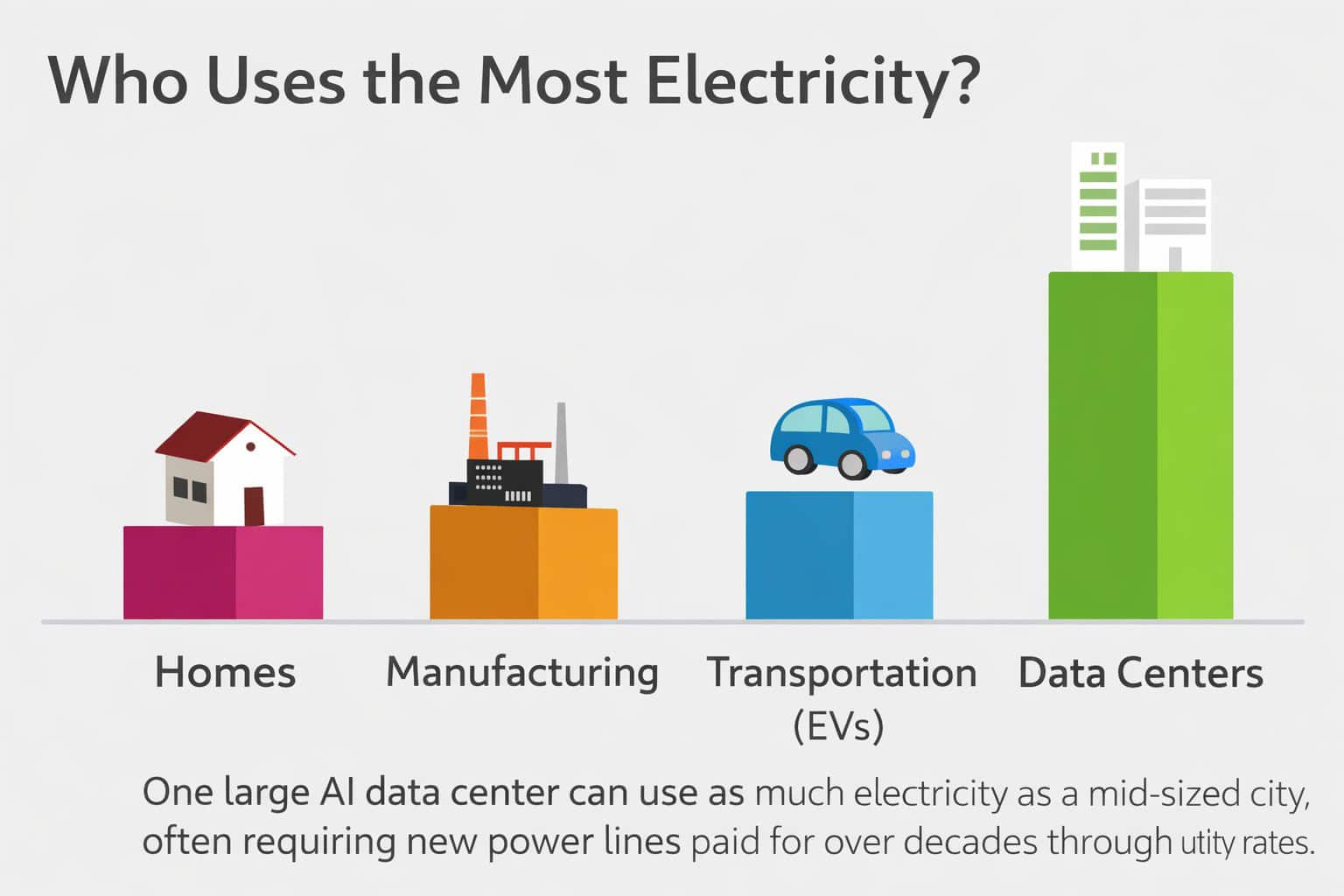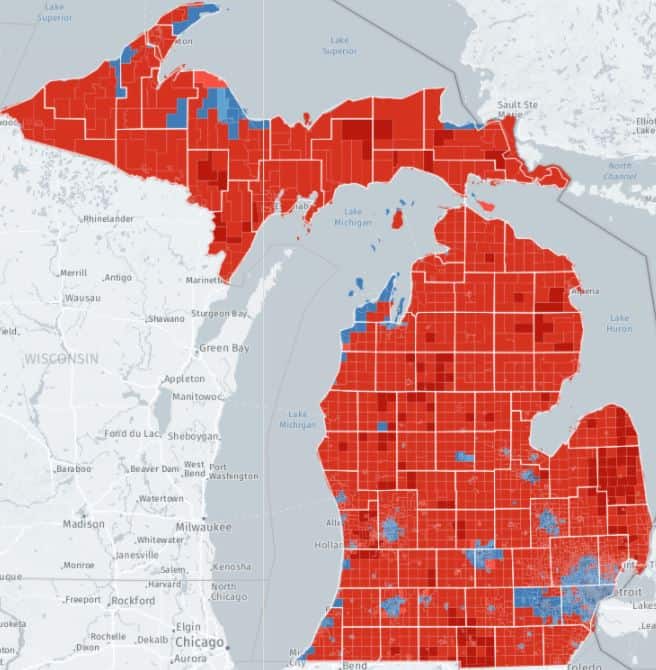LANSING – Michigan has to find ways to make college
education more affordable given it is essential to getting ahead economically,
but it also has to support more programs that provide hands-on job training for
youth and adults, the Center for Michigan said in a recent report.
Among the key recommendations of the report,Getting to Work, was reducing both the cost of higher
education and the debt load for graduates.
“If you want to prosper in Michigan, prepare early and
train often. In the wake of the Great Recession, good jobs are still difficult
to find – and almost always require a college degree or other forms of formal
training after high school. And Michigan needs to clear big hurdles to make
career preparation more available, relevant, and affordable,” the report,
based on polls and public listening sessions, said.
But those participating in the group’s efforts said
training is becoming too costly. Among the recommendations was more state
spending for colleges and universities, but also more options for high school
students to earn college credit where the K-12 schools cover the tuition or
otherwise sponsor the courses.
“Expansion of paid summer internships and intensive
job and skills training for youth have strong public support,” the report
said.
Adults also need support in training and retraining, the
report said. “Expansion of apprenticeships, skills training programs, and
retraining scholarships for disconnected workers have strong public
support,” it said.
The report combined community meetings and polls of the
general public and online surveys of educators and college students in reaching
its recommendations.
Among those groups, more state funding had at least 81
percent support and expanded dual enrollment had at least 84 percent backing.
The institutions also need to be more efficient and more
accountable for the funds they have, the report said.
Before getting to higher education, high school students
need more guidance in making the best decisions, the report said.
“Michigan residents want school counselors to be certified in college and
career advising, dedicated college/career advisers in every high school, and intensified
curriculum on college and career choices,” the report said.
The surveys showed a majority of the public thought college
and career guidance in college and vocational training programs was good (51
percent good or excellent to 49 percent lousy or terrible in the surveys, 55-46
in the community conversations.
But high school counseling services did not even see
support from among educators. In the community conversations, 67 percent saw
the programs as lousy or terrible, while 54 percent felt that way in the online
polls and 46 percent in the phone polls.
Support for having dedicated college and career advisors in
high schools, and having them certified, topped 60 percent through every group.
This story was published by Gongwer News Service. To
subscribe, click on www.gongwer.com






